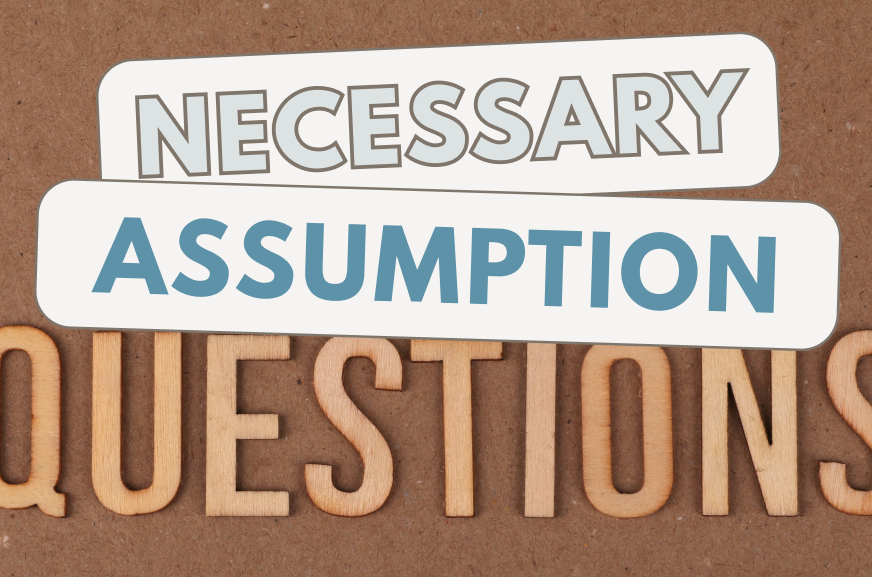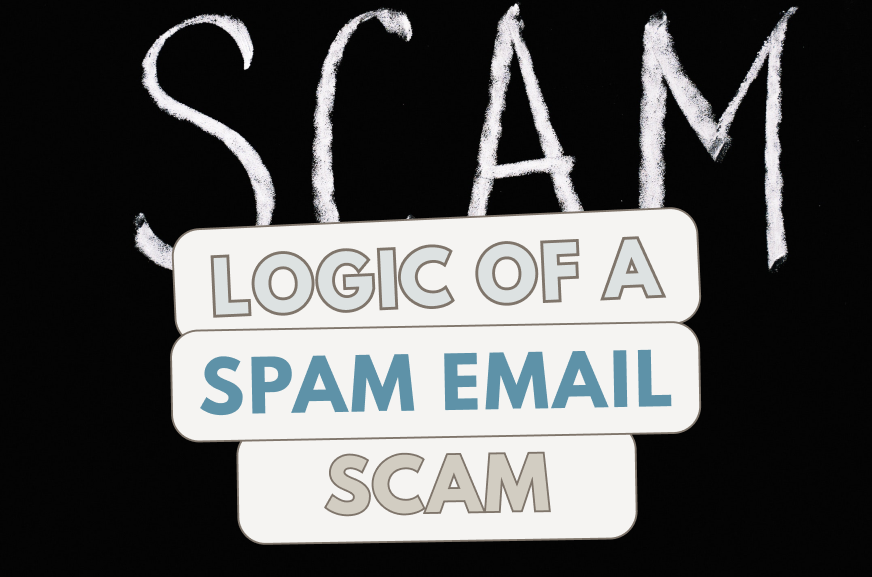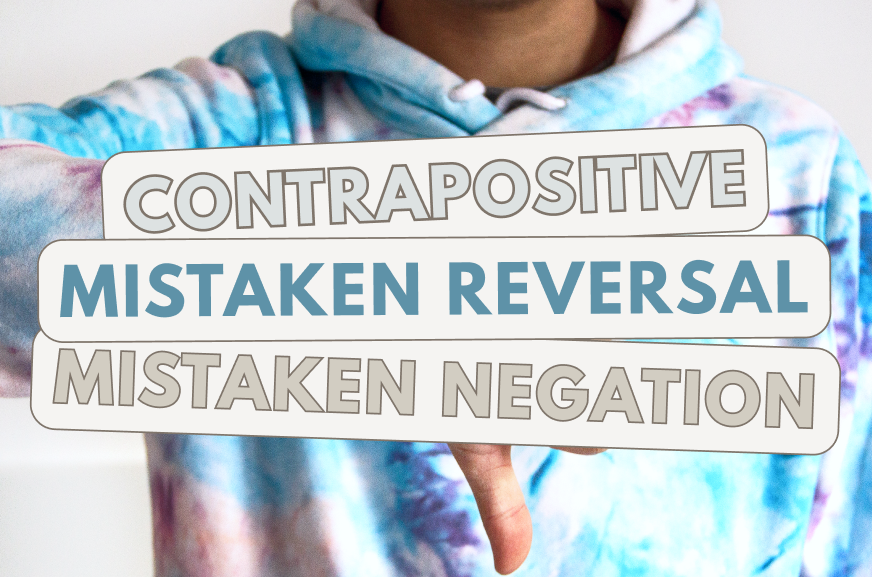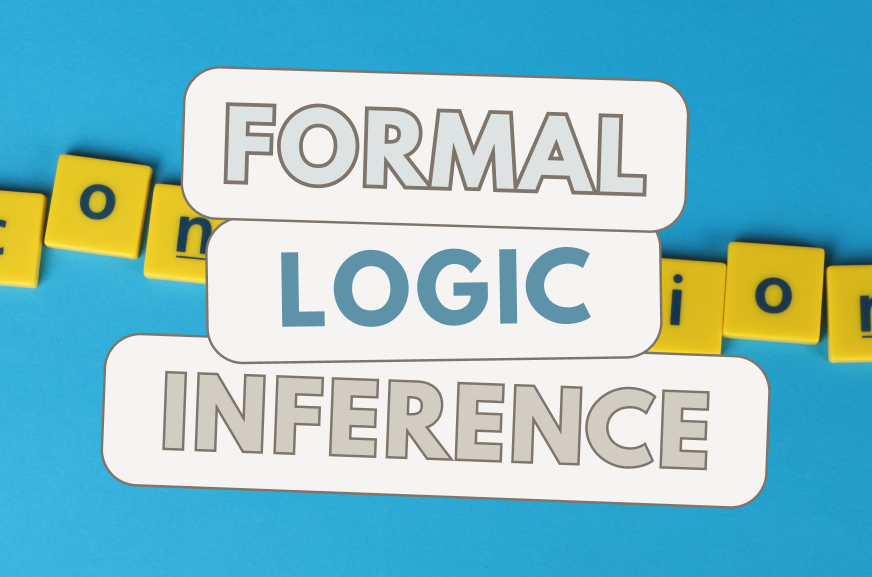Should You Diagram LSAT Logical Reasoning?

I interviewed Stephen Harris, former LSAT question-writer who has written hundreds of the questions that appear in your books of LSAT PrepTests. Our discussion follows. *** How important is diagramming for Logical Reasoning questions? Is it advisable? This is a great question. My take is that, with rare exception (maybe the odd matching structure item) […]
Read Question Stem or Stimulus First?

I interviewed Stephen Harris, former LSAT question-writer who has written hundreds of the questions that appear in your books of LSAT PrepTests. Our discussion follows. *** In Logical Reasoning, do you recommend reading the stimulus first or the question stem first? Always, always, always read the stem first. To begin with, the stem typically tells […]
Necessary Assumption Questions, Negation Test, and Must Be True Qs

In this article, I discuss a common, and effective strategy for approaching Necessary Assumption questions. I also talk about shortcomings in the way prep companies often teach test-takers to think about necessary assumption questions. Finally, I give some examples of necessary assumption questions and explain some frequent patterns in each. A Common and Effective Strategy […]
Sufficient Assumption Questions and the Negation Test

In my course, I discuss two common Logical Reasoning question types: Necessary Assumption and Sufficient Assumption. The negation test is a common strategy you can effectively use for Necessary Assumption questions. However, many test-takers like the technique so much, they try to use it for sufficient assumption questions also, often leading to disastrous consequences. Due to the difference […]
LSAT Logical Reasoning Flaws, Fallacies List

The LSAT Logical Reasoning section tests your ability to spot a variety of flaws. Some are as simple as failing to consider a particular possibility, but we can group the others into the category of classic logical fallacies. They’re the type you find in basic logic textbooks. Many Logical Reasoning questions describe flaws in the […]
LSAT Logic of a Spam Email Scam

In this post, I analyze two similar emails as if they were Logical Reasoning arguments. Both ended up in my spam folder (with good reason). Here’s the first, edited for brevity: It is understandable that you might be a little bit apprehensive because you do not know me, Please forgive this unusual manner to contact […]
LSAT Logic and Law School Spam

I hate spam. I even wrote an article making fun of spammers. I send emails on a schedule and sent out automatically- and that’s only if you’ve chosen to subscribe via email. I don’t do anything at all with them, and I have trouble just reading all the emails I receive, let alone responding to as many of […]
Conditional Reasoning: Contrapositive, Mistaken Reversal, Mistaken Negation

What is the contrapositive? What do mistaken reversal (converse) and mistaken negation (converse) look like on the LSAT? While each bite-sized Logical Reasoning argument and each Logic Games rule may seem impossible to understand, they’re pretty manageable once you’ve got a grip on the basics. In this article, I’ll share the basics of conditional reasoning […]
Logical Reasoning | Formal Logic Inference Questions

My students know I’m not a fan of diagramming most Logical Reasoning questions. However, some questions just beg to be diagrammed. These questions tend to be formal logic inference questions and sufficient assumption (justify) questions. In this article, I’ll cover one Logical Reasoning question that should be easy but gives many test-takers a lot of difficulty […]
LSAT Numbers: All, Most, Several, Many, Some, None

Isn’t it annoying when words seem to mean something different on the LSAT than they do in real life? Starts to make you wonder about the last time an LSAT test-writer spoke with a live human being. In this post, I clear up some of the differences between our normal understandings of common quantifiers (words […]
